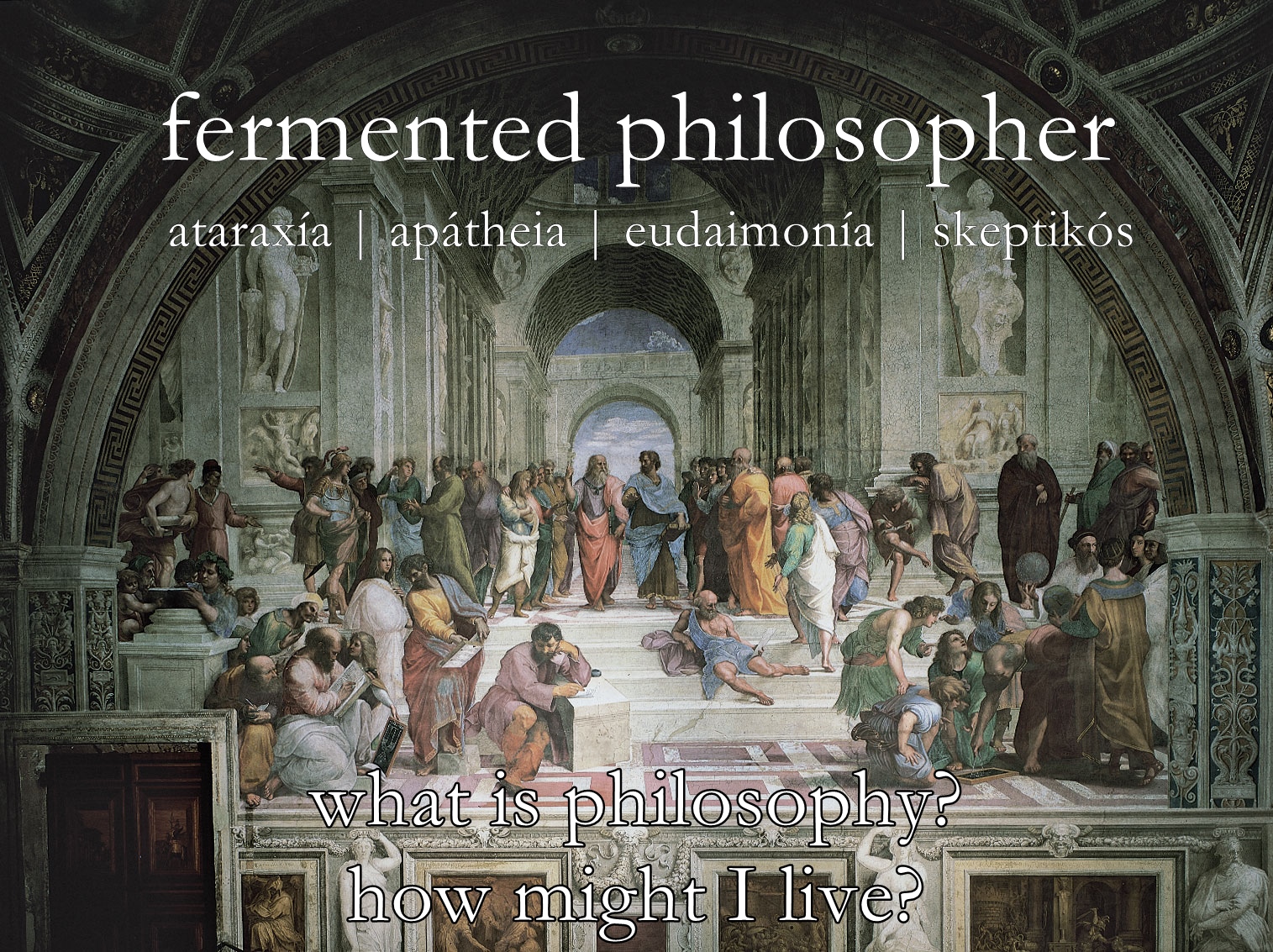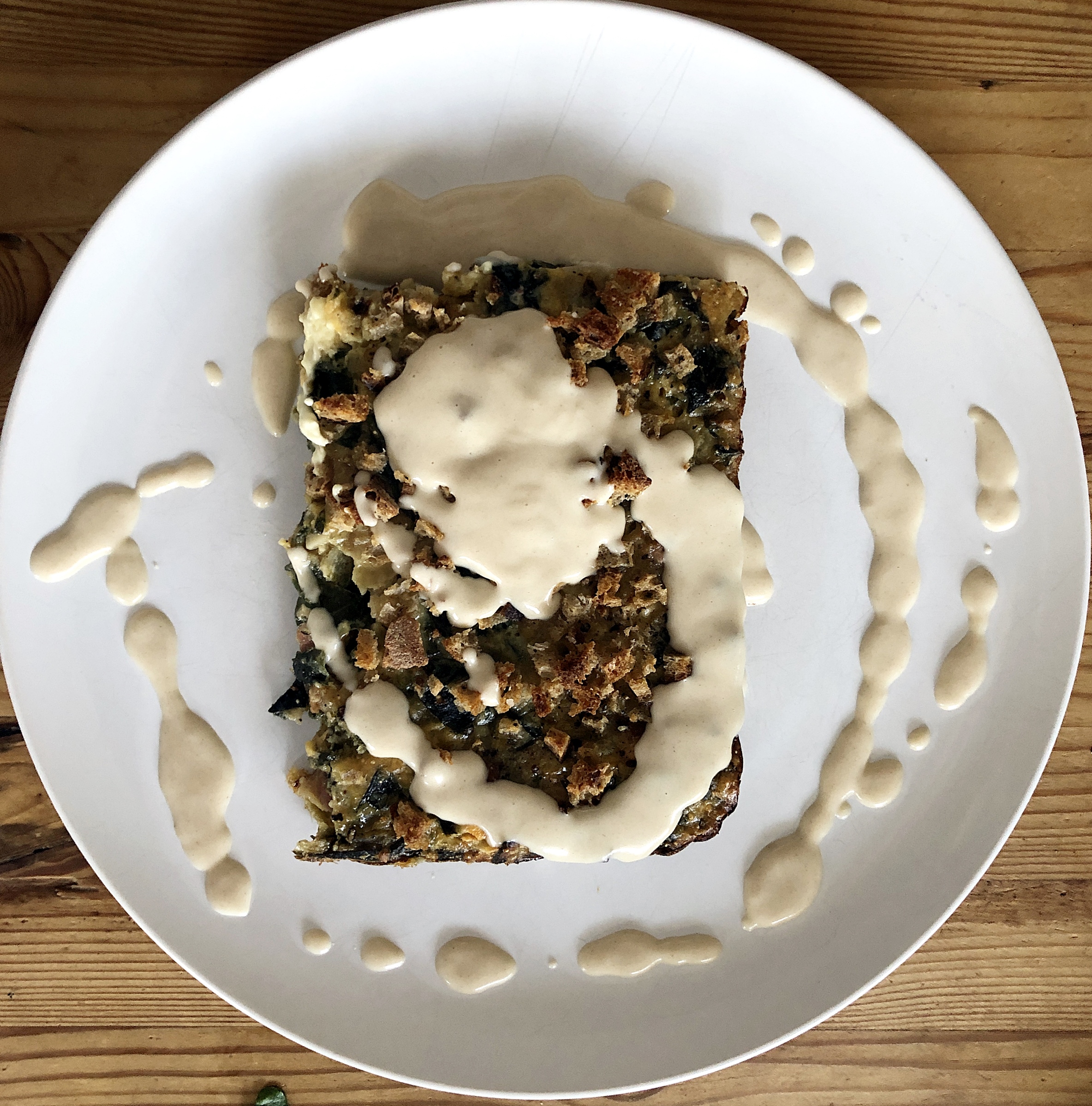How to Answer Philosophical Questions: Critical Reflections

Philosophy 101: How might I live?
Part 5: Answering Philosophical Questions: Critical Reflections
Introduction
Introduction
There are, amongst others, two ways in which we can start to answer philosophical questions, firstly via critical reflections, and secondly, via creative reflections. We can thus have four different types of reflections: namely, critical or creative reflections about concepts or critical or creative reflections about meaning giving ideas. This week I briefly discuss critical reflections about concepts and meaning giving ideas.

Philosophy is about reflecting about things. This critical reflection can thus be seen as an untangling of a complex knot or puzzle to see how things fit at the hand of certain criteria. Let us look at critical reflections about concepts first.
Critical Reflections about Concepts
In the previous essay regarding concepts, I discussed some of the rules one can use to analyse a concept. If one does not obey these rules, weird concepts or sentences might follow. In critically reflecting on concepts, we might analyse the rules to get rid of what we might call pseudo-problems. These are called pseudo-problems because we can easily spot the problems, and the examples we normally use do not necessarily have real world implications. See, for example:

A simple category mistake has been made here, we won’t normally regard dreams in the same way as we regard a mat, you can sit on a mat but you cannot sit on a dream; and also a dream cannot be green in the same sense that a mat can be green. Once again, these examples do not have real world impact. However, these types of errors do slip in normal language use when people commit logical fallacies. We will deal with logical fallacies and logic as a discipline later, but see for example the following argument.

In sentence (a), we might say, that the concept murder was used in the sense that killing another person without a reason or evil intent is murder; however in sentence (b) the concept of murder is not the same as in (a), in other words the concept changes from sentence (a) to (b). This error is more common than one might think; people often use concepts in an inconsistent manner. Using critical reflections about concepts might help one to analyse these mistakes and help one to avoid making the same mistake.
Critical Reflections about Meaning-giving-ideas
One might critically reflect about meaning-giving-ideas in three ways or with three questions. I will illustrate this with the example of marriage. Firstly, meaning-giving-ideas are always part of a web of other concepts. In other words, in a conceptual analysis or critically reflecting on concepts one might isolate the concept to analyse it and see if the rules were used in the correct way, but regarding meaning-giving-ideas one always analyse it in the context or situation it is presented. Our example is that of marriage. We can ask three questions when we critically reflect on this meaning-giving-idea: (i) what are the implications of the idea? (ii) what are the assumptions of the idea? (iii) what is the relevance of the idea?
For a long time, the meaning-giving-idea of marriage was used as the intention of something between a man and a woman. (NB: This example is again very contextual and does not suppose a universal acceptance of these marriages.)
- (i) The implication is that a contract between a man and a man or a woman and a woman is not seen as part of the meaning-giving-idea of marriage.
- (ii) This is, in part, due to the assumption that marriage between a man and a woman was seen as natural and unnatural if it was between a man and a man or a woman and a woman.
- (iii) But we can ask what is the relevance of this way of thinking? We do not regard the marriage between a man and a man or a woman and a woman as unnatural anymore. Thus, there needs to be an update of the meaning-giving-idea of marriage because the context in which it was used has since then changed
Critically Reflections on the Manner I Live
These critical reflecting tools are important for oneself to critically reflect if the way you live is the correct way. One might conceptually analyse this, but the more appropriate way would be the see happiness of the way you live as a meaning-giving-idea which you need to critically analyse with the above mentioned three questions. What is the implication, what are the assumptions underlying this, and how is it relevant today?









Comments